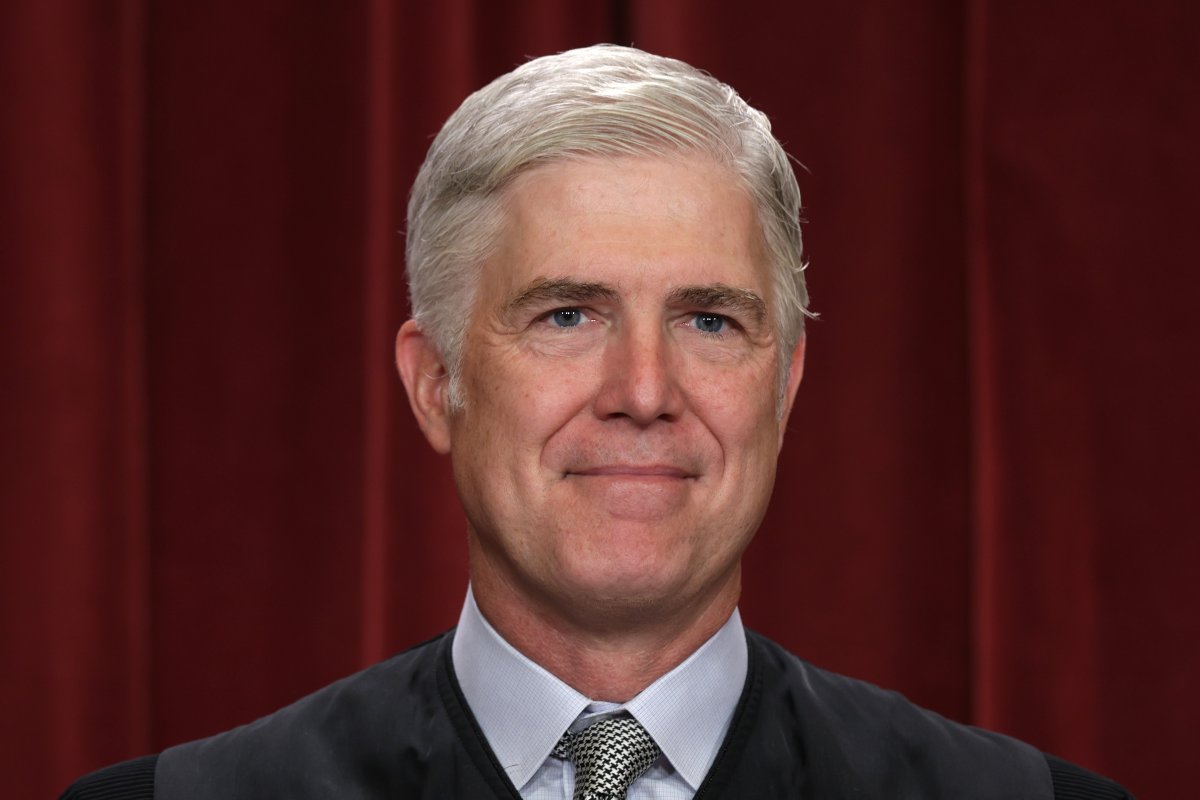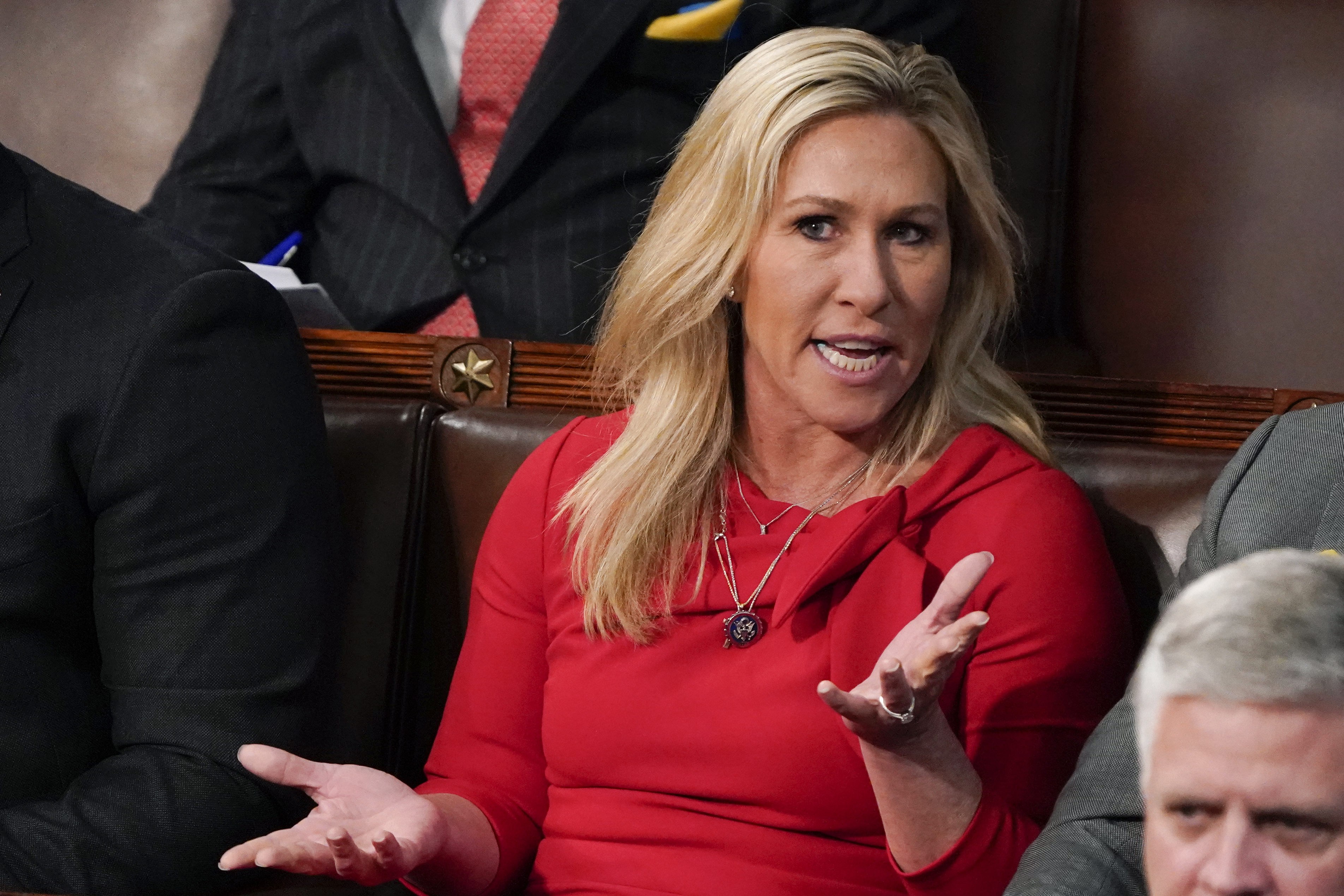The Supreme Court is to decide a case that could completely change the balance of power between courts and government and spell big trouble for environmentalism and other progressive causes.
The court is being asked to reconsider the 1984 case of Chevron v. Natural Resources Defense Council, which some legal experts believe could be a major conservative overturning of precedent, such as occurred with Roe v. Wade, or the overturning of the use of race to determine college admissions.
Chevron compels federal courts to defer to a federal agency's interpretation of an ambiguous or unclear statute. That allows government agencies to fill in the gaps in legislation without judicial interference. The case is hated by many conservatives because it allows the Environmental Protection Agency and other government entities to do their jobs without being overruled by Republican-appointed judges.
However, a new Supreme Court case, Loper Bright Enterprises, stems from an appeal made by a family-owned herring fishing company that operates in New England. The plaintiffs are arguing that the National Marine Fisheries Services lacks the authority to require fishermen to pay the salaries of federal compliance monitors.

In doing so, they are hoping to overturn Chevron, thereby allowing a rush of conservative legislatures to create laws that could be interpreted by conservative courts, sidestepping government agencies.
The case could have huge implications for many areas of life in America and in many other countries where Chevron has been cited. Much rides on the case and many polluters are hoping it could weaken the power of government agencies tasked with implementing environmental policies.
Among the biggest Chevron opponents are the billionaire Koch brothers, who were recently revealed to have had a long, secret friendship with Justice Clarence Thomas. Thomas wrote in 2020 that "Chevron is in serious tension with the Constitution," signaling that he may vote to overturn it.
Justice Neil Gorsuch has also written opinions against the doctrine that have led many to believe he would vote to overturn it.
Rosalind Dixon, a law professor at the University of New South Wales in Australia, told Newsweek she believes overturning Chevron will be seen as a conservative overturning of precedent, just as it was with the overturning of Roe v. Wade or the ending of race-conscious college admissions.
"For one, it marks a large departure from a longstanding court precedent," she said. "That echoes recent decisions such as Dobbs, overruling Roe v. Wade, and removing the constitutional protection of women's access to abortion.
"But unlike Dobbs, which purports to return power to democratic politics, overturning Chevron means taking power away from other actors—in this case, expert executive agencies. The same could be said for the Court's decision in Parents for Fair Admissions, overruling Grutter, and dramatically limiting the use of race-conscious admissions processes.
"Both moves, overturning longstanding precedent and undermining the role of experts, can also be viewed as quite troubling from the perspective of a commitment to constitutionalism and the rule of law.
"The question for global observers will thus be where the Supreme Court goes next and whether that trend simply continues, or the Court finds other doctrines or tools for upholding those same values."
However, Jack M. Beermann, a Boston University law professor, has long been an opponent of Chevron and how, he said, it has been used by both conservative and liberals in a way that has undermined the courts.
He wrote the academic essay "End the Failed Chevron Experiment Now: How Chevron Has Failed and Why it Can and Should Be Overruled" for the Connecticut Law Review in which he spells out why he dislikes the ruling.
He believes the doctrine has been very inconsistently applied and needs to be overhauled, noting that Chevron was initially a conservative decision designed to stop liberal judges from interfering with Republican legislation.
"[It] was created in 1984 by Republican justices to validate Reagan administration deregulatory actions and was attacked by Democrats as inconsistent with the judicial role, which is to decide all questions of law," Beermann told Newsweek. "Sometime during the Obama administration, conservative justices began having second thoughts about the idea of deferring to liberal agency actions that imposed new or more stringent regulatory burdens."
Kent H. Barnett, law lecturer and the University of Georgia School of Law's dean for academic affairs, told Newsweek that overturning Chevron could have implications in other countries where courts have been pushing in on the power of government agencies.
"If the U.S. Supreme Court overturns its Chevron deference doctrine, it will follow the various other countries—such as Canada, Germany, and Australia—that have rethought their judicial deference doctrines to agencies' statutory interpretations and provided less, if no, deference to agencies," he said.
Uncommon Knowledge
Newsweek is committed to challenging conventional wisdom and finding connections in the search for common ground.
Newsweek is committed to challenging conventional wisdom and finding connections in the search for common ground.
About the writer
Sean O'Driscoll is a Newsweek Senior Crime and Courts Reporter based in Ireland. His focus is reporting on U.S. law. ... Read more
To read how Newsweek uses AI as a newsroom tool, Click here.








